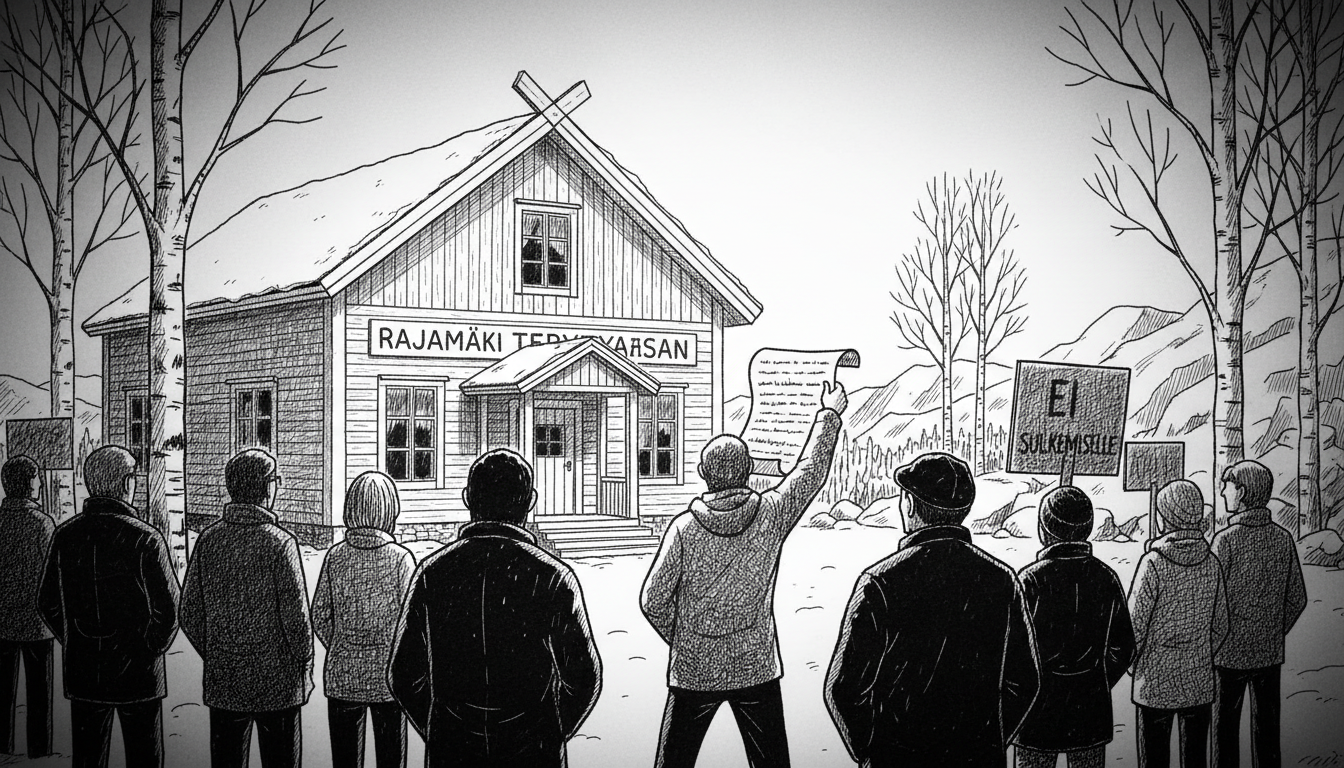The Rajamäki Village Association has filed an appeal with the Helsinki Administrative Court. They challenge the decision to close the Rajamäki health station by the end of 2026.
The appeal demands the reversal of the closure decision. It also seeks to block its implementation.
Village association representative Veikko Ollila expressed hope that the court would thoroughly examine their arguments. The group submitted the appeal in late October together with active local residents.
According to the appeal documents, the decision was poorly prepared. It would weaken residents' basic security and reduce service accessibility.
The 14-page appeal lists detailed arguments against the closure. Key concerns focus on impact assessments for vulnerable groups.
Ollila emphasized that Rajamäki represents a peripheral area from a service perspective. Public transportation is weaker here than in many cities, he noted.
He stated that decisions appear driven by short-term economic savings rather than comprehensive planning. The association argues that proper impact assessments were never conducted.
Critical points in the appeal include inadequate consultation with Northern Nurmijärvi residents. The welfare district never organized a proper resident meeting in Rajamäki.
A petition with 4,202 signatures against the closure carried little weight in decision-making. A resident survey showed over 80% opposition to the closure, yet these views were not properly considered.
The health station building itself presents strong arguments for preservation. Completed in 2017, it's fully accessible and specifically designed as a health facility.
Located in the village center, it offers the second-lowest rental costs in the Central Uusimaa welfare district. Digital and remote services cannot reach all residents equally, the appeal argues.
The case highlights ongoing tensions between centralized health service planning and local community needs. Rural areas across Finland face similar challenges as municipalities consolidate services.
Local advocates maintain that decision-makers underestimate the practical difficulties residents face when local services disappear. The administrative court's review could set important precedents for how welfare districts balance budgets against community access.
